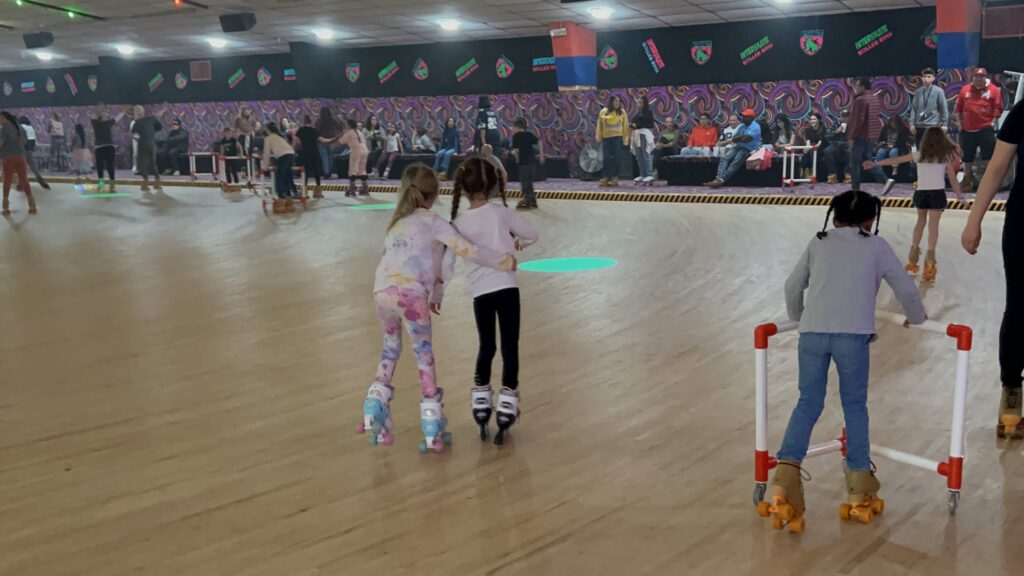
You never know when the person standing in front of you is doing all they can to hold it together. So be kind.
We’ve all seen different iterations of this same sentiment, but for some reason the raw wording of this version struck me in the heart. (Sometimes those chalkboard signs outside of coffee houses can be so profound.)
Still, as a marketing professional, I couldn’t help but lift a brow at the baristas who wrote this: Did these philosophers have an ulterior motive? Perhaps to get me to tip more?
Or did they just know that this Saturday is Random Acts of Kindness Day, giving me the chance to take this movement to another level because…
While performing a random act of kindness—such as paying for the person behind you at the drive-through or taking donuts to your veterinarian’s office on #GivingTuesday—can certainly give you “all the feels,” did you know that science has shown that simply witnessing a random act of kindness can increase your well-being?
Here’s how:
Moral Elevation: This term describes the “high” onlookers get from witnessing a random act of kindness. In order to recognize an act as kind, we have to draw from our own experiences of giving and receiving, which leads us to have this vicarious experience as if we were the giver and the receiver.
The high wears off in about an hour (we turn inward again); however, the more often we witness acts of kindness, the more likely we are to notice acts of kindness as well as other forms of moral beauty. (The cumulative effect primes us to be more kind.)
Feel-good Chemicals: Witnessing acts of kindness releases dopamine—the “love” hormone—as well as serotonin.
Three-way Effect: Because all human beings are part of the same network of consciousness, altruism transcends the separateness we experience. When we witness a kind act, we become part of the network too, thereby eliciting a sense of renewed connection and faith in humanity.
Mirror Neurons: If we see kind acts that we’ve done in the past, our mirror neurons will fire as if we’re administering the act of kindness. (The same effect occurs with unkind acts.)
Furthermore, when observing the behavior of another, nerve cells fire similar neuronal connections in our body, which mirror those that are firing in the person we’re observing.
This means that observers receive the same neural information as the person performing the action!
The SNS (Sympathetic Nervous System) & PNS (Parasympathetic Nervous System) come into play as well: Witnessing heroism involves witnessing suffering, which triggers a stress-response in the SNS; however, heroic deeds ease suffering and activate the PNS, thereby calming the stress response.
Helper’s High: OK, so this one is less about being a witness and more about being a protagonist of kindness. When you are kind to another person, your brain’s pleasure-and-reward center lights up as if you were the recipient of the good deed.
The takeaway?
The person doing the kind act serves as a model for what we could do as well. And as the illuminatos of Starbucks have reminded us, everyone could benefit from an act of kindness.
*Sources: UC Berkely, The New York Times, Psychology Today, Emory University, Science of Meditation, & Era of Light

 One Mistake Businesses Make That Even Disney Can’t Recover From (And How to Avoid It)
One Mistake Businesses Make That Even Disney Can’t Recover From (And How to Avoid It)